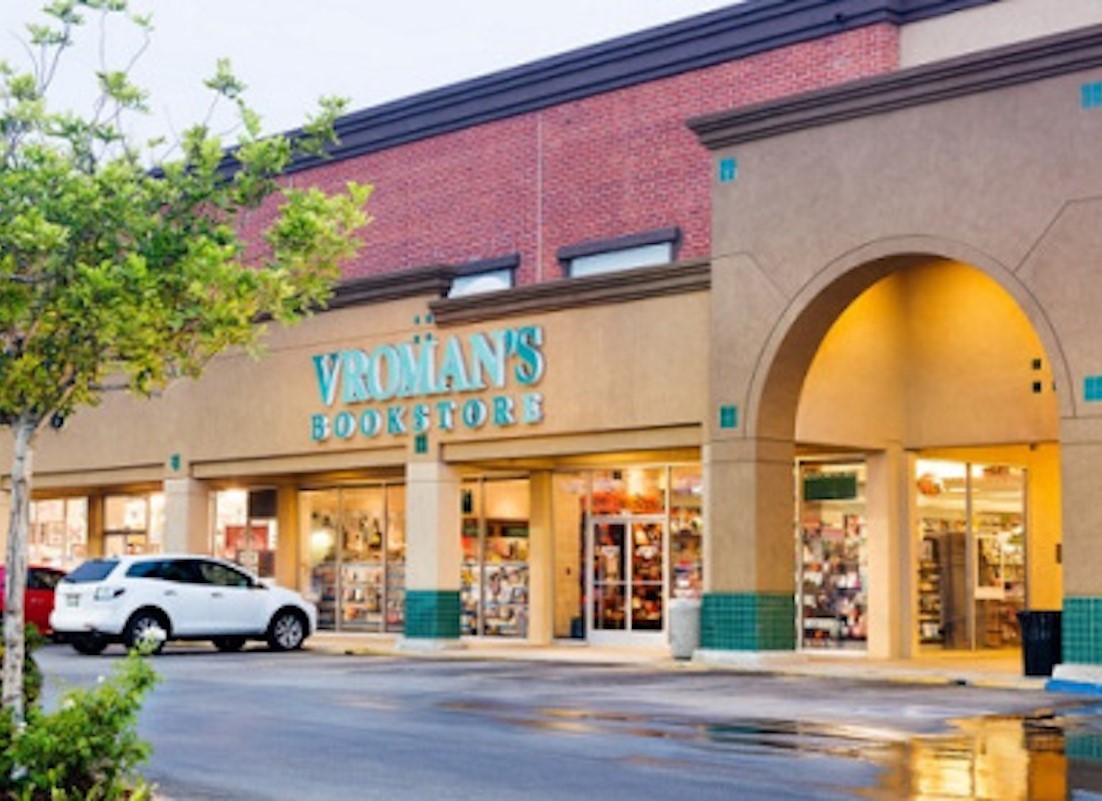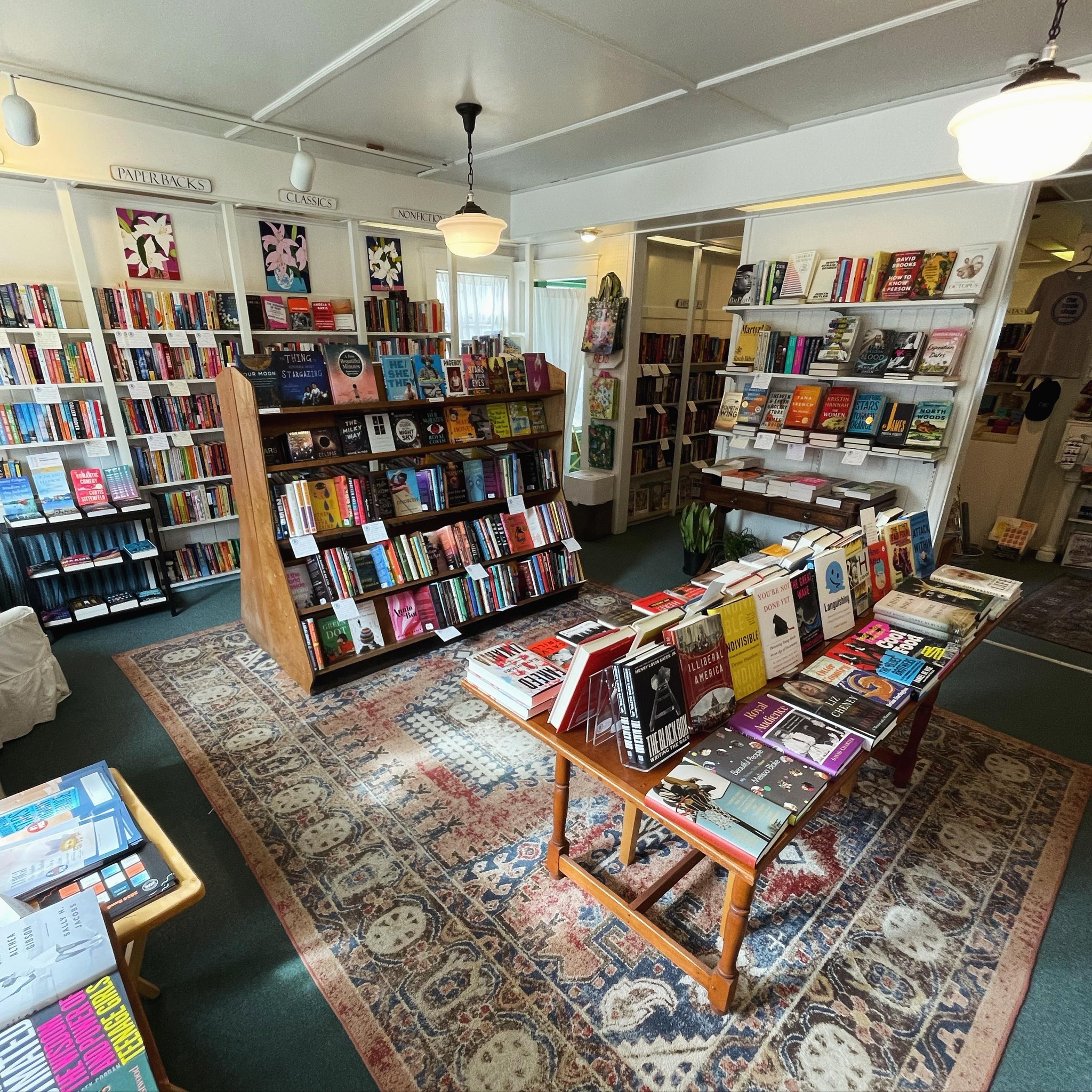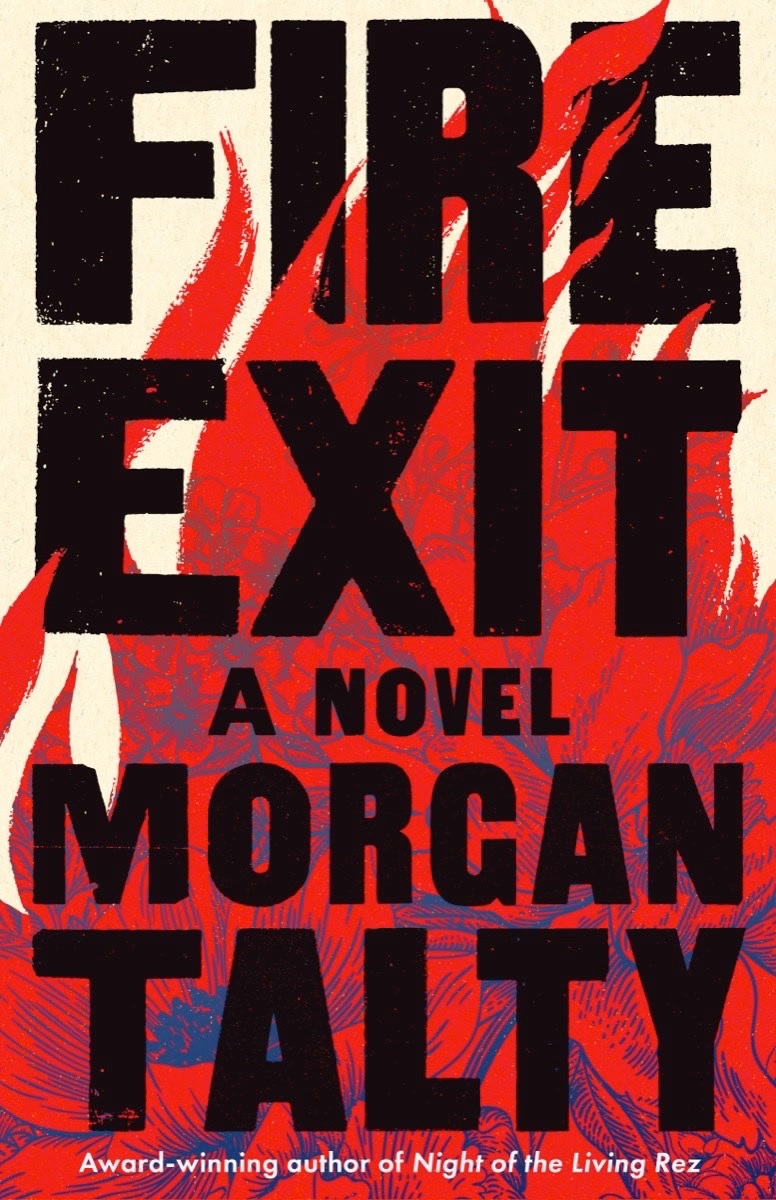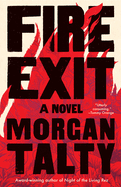 Among the many contributors to Among Friends: An Illustrated Oral History of Book Publishing and Bookselling in the 20th Century, published last fall by Two Trees Press and distributed by Ingram Content Group, is B. Dalton Bookseller veteran Cole Becker. Here we reproduce his contribution, "The Twentieth Century," a poem about bookselling and publishing.
Among the many contributors to Among Friends: An Illustrated Oral History of Book Publishing and Bookselling in the 20th Century, published last fall by Two Trees Press and distributed by Ingram Content Group, is B. Dalton Bookseller veteran Cole Becker. Here we reproduce his contribution, "The Twentieth Century," a poem about bookselling and publishing.
Books from the beginning of time
Books to the end of time
The years passed
Benevolently
Strange, and I would live in their luxury.
So once upon a time seduced by word and thought
I took to the open road with fortuitous luck and joy.
The summer of '73 I found myself unemployed
Without a future, and a lot of time to read
Philosophy and literary criticism, and impossible
Kantian thought, the poetry of Robert Lowell and John Berryman.
Had I known what was to come, wouldn't I have prepared?
Then it happened: B. Dalton opened its one hundredth store.
An advertisement ran, a fearful ambition channeled the quest.
Trepidations abounded like snow in summer.
This is what happens when something synchronistic
Comes your way, verse and chapter, the book opened.
Way too many applicants chasing a dream
Yet something was on its way once upon a time.
So I did not make the cut off, retreating into simple reality,
I headed for the front door; fate is a fortune without regret.
How I got into a conversation with the store manager
As I was leaving I'll never know, but he was a fellow
North Dakotan willing to hire me for that fact alone.
What was to happen happened.
We had a week to get the store open, before a very prestigious
Corporate crowd descended. Thousands upon thousands of books
Were shelved. Dick Fontaine and Allan Kahn showcased the glamorous
Event. Three months later, once upon a time, Dalton hired their first
Assistant buyer. Once again fortuitous luck opened its bridge into
Another land. I landed an interview with Mr. Fontaine.
That new position was one in children's books.
What did I know about children's books, absolutely nothing, and
That was the way they wanted it. Someone without knowledge of the genre,
Someone they could mold. I set out to learn as much as possible, the world
Of children's books was vast and exotic, arcane and splendorous. Months later
My mentor Gracie Henry the solo person entrusted with operating the department
Assigned me the publishers I would be responsible for, and they were many. From
Sea to shining sea, soon there were Daltons from coast to coast, urban and rural,
Very large stores, some major stand alones like our New York City location, store
Number 300.
In the middle and late seventies Dalton was opening at least one hundred stores
A year; sometimes more than twenty stores a week. Competition was intense with
Our chief adversary Waldenbooks. While battling wars of real estate, technological wars
pursued as an Absolute necessity, growth and profit depended on warlike sentiments,
each other's juggernaut advancing, Even in this peaceful realm victory
Was the name of the game? The computer programs for controlling these ordering
And inventory systems were foundational to success. In the world of books by far and
away technology is The greatest innovation of the 20th century. What remains
Is proof that a book's physical presence and persistence acts as a communication
oracle, antecedent to Every prosperous end, assured as the world is round. The
paper-centered book is in for the long haul, Always ready to catch on once the digital
Acquiesces, like a flickering light burning out.
Writers and artists, these people are the greatest innovation, retelling and inventing
What must be a keepsake of a soul, making it nearly impossible to be alone; the
Heart beat and the kaleidoscopic eye, which reminds me about the day I met the
Queen of England! Such uncanny beauty angels flew up; I didn't know what to say.
Rather it was Margaret McElderry bringing the jewels of Atheneum Books, and they were
many. How many great and profound books can a publisher publish? By this time the
late seventies Dalton was representing as many quality books as possible.
Titles like Nancy Bond's A String in the Harp would go on to sell way over a thousand
copies. Certain Dalton stores carried as many as possible Newbery &
Caldecott titles.
Many authors and illustrators visited the home office, while sales representatives
Were selling new titles or working their backlist books. Lunch with Judy Blume,
Weeks away from Tiger Eyes release, probably the largest opening order we ever
Placed, something like 7,500 copies. That lunch was impressive, a rock star writer
Who wished only to talk about her young adult readers.
The most moving and gripping force behind B. Dalton's success was Kay Sexton,
The only person who was not expendable both personally and professionally; one
cannot overestimate her Importance. Bookselling had become complex, so it was
Something desperately simple that Sexton's weekly report printed on green paper
Collecting on a weekly basis sales information across every department, short snappy
book reviews, most Treasured sales data on titles, and individual buyer's comments,
was an inside look at key titles. Simple and straightforward, Kay's merchandise
bulletin "Hooked on Books" was the engine driving this stick shift car, sporty and
great on the curves. Internally orchestrated
Kay Sexton's iconic brand acted as one of the few truly creative enterprises
Monetizing, betting and predicting, the Green Sheet, with its astute & charmed
Narrative, a force to be reckoned with, Kay was a mentor to publishing itself.
So much change and turmoil, competition and managerial shenanigans closed
Out the twentieth century, hundreds of bookstores opened, thousands closed.
Had the owners of bookstore chains lost their acquisitive common sense? Profit
And growth should never share their esteem. Dalton and Walden were they mirages
Of success, had technology not got the upper hand, had reasonable expectations
Prevailed. When Dayton-Hudson thought it prudent to divest itself of Dalton
Though it was still a profitable operation, speaks for the ambiguous designs these
retailers brought to the bottom line. Mind you the lead contender for buying Dalton
Was Sears, and Walden sought refuge in Kmart. Subjectively looking back the
twenty-five years before the 21st century were tumultuous, yet these years were
Not without excitement and glory. It's my vehement belief books have proven
They can and will survive.



SHELFAWARENESS.1222.S1.BESTADSWEBINAR.gif)


SHELFAWARENESS.1222.T1.BESTADSWEBINAR.gif)


 " 'I'm sorry I couldn't decide,
" 'I'm sorry I couldn't decide,  "
" Amphibious Soul: Finding the Wild in a Tame World
Amphibious Soul: Finding the Wild in a Tame World Fire Exit by Morgan Talty (
Fire Exit by Morgan Talty (
 Among the many contributors to
Among the many contributors to